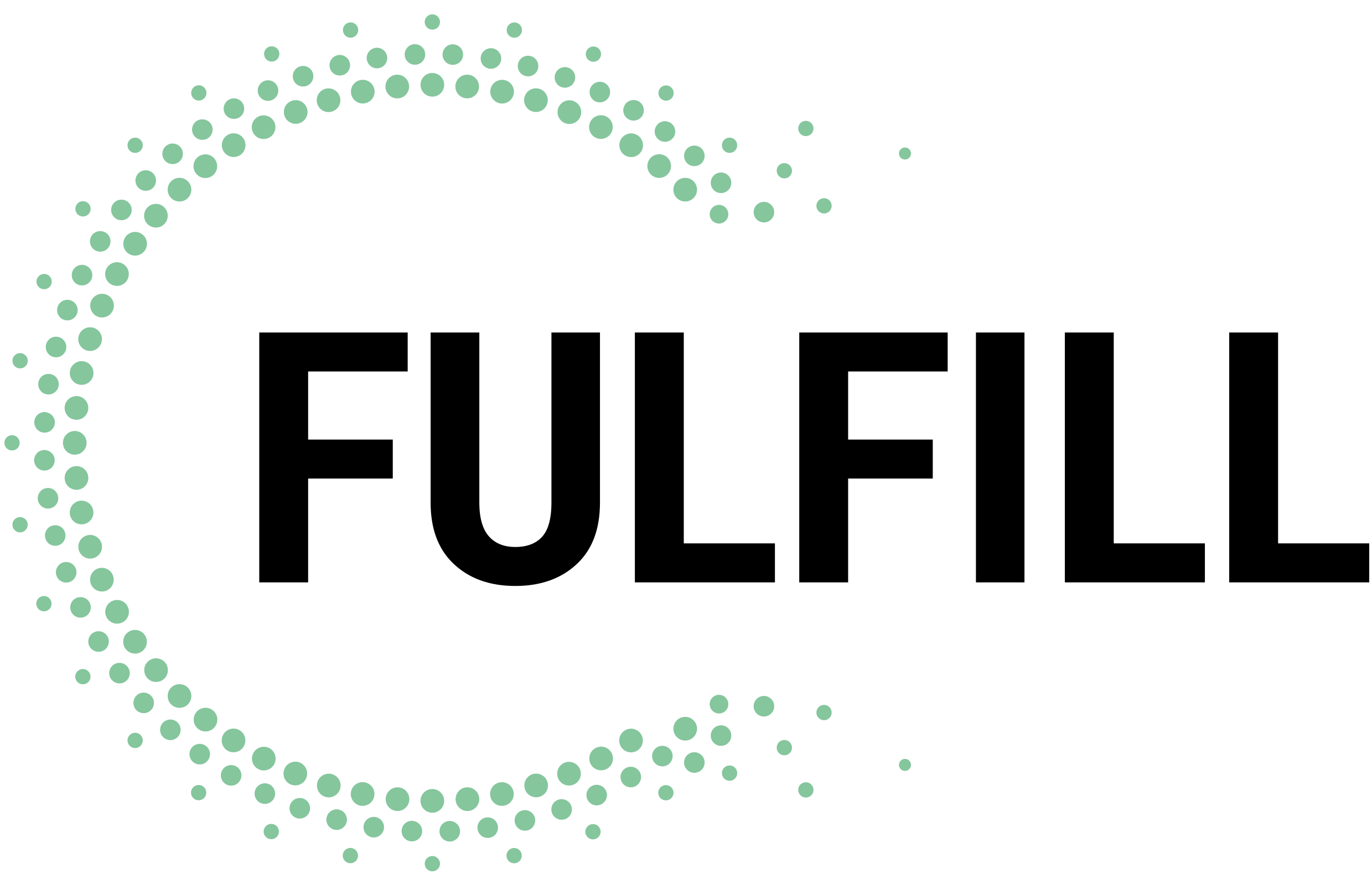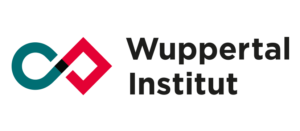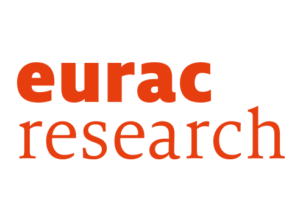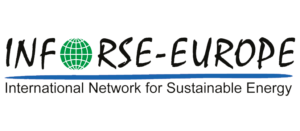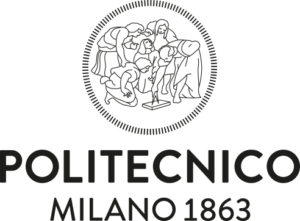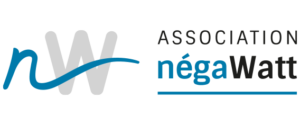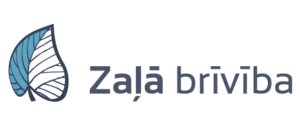The consortium
The Fraunhofer-Gesellschaft is a non-profit organization and Europe’s largest institute for applied research. It has about 80 research institutes all over Germany. The Fraunhofer Institute for Systems and Innovation Research ISI analyses the origins and impacts of innovations. Fraunhofer ISI conducts applied research in seven Competence Centers with a total of 25 Business Units and sees itself as an independent institute for society, politics and industry. The two Competence Centers Energy Policy and Energy Markets and Energy Technology and Energy Systems focus on studies and applied projects to achieve efficient energy use and sustainable energy behavior by researching the short- and long-term developments of innovation processes and the impacts of new technologies and services on society.
The Wuppertal Institute sees itself as a leading international think tank for sustainability research focused on impacts and practical application. The organisation’s activities are centred on developing transformation processes aimed at shaping a climate-friendly and resource-efficient world. The overriding goal of the Institute’s work is to help to respect the planetary boundaries. This is represented in the guiding vision of a “greenhouse gas neutral society and a reduction in the consumption of resources to 8 tonnes per capita per year” by 2050.
EURAC is an applied research centre located in Bolzano, South Tyrol. Founded in 1992 as a private association, EURAC currently has eleven institutes organised into four main areas of research:Technologies, Autonomies, Mountains, and Health. The Institute for Renewable Energy conducts applied research on advanced energy systems, based on or including sustainable energy sources. The institute supports the promotion of renewable energy technologies and assists political decision-makers by scientific consultancy. The institute offers support also in the elaboration of complex energy models as decision support system for single energy systems or buildings as well as for urban and regional areas.
The Jacques Delors Institute (JDI) is a European think tank founded by Jacques Delors in 1996, and today under the presidency of Enrico Letta, former Prime Minister of Italy. Based in Paris, Berlin and Brussels, the Institute produces analyses and proposals in French, English and German targeting European decisionmakers and a wider audience. EU climate and energy policies are among the key priorities of the JDI. The idea of building an EU Energy Union was first put forward by the Jacques Delors Institute in a 2010 paper signed by Jacques Delors, Tommaso Padoa-Schioppa and Jerzy Buzek. In 2018, the Institute created the Jacques Delors Energy Centre devoted to research and proposals to accelerate the energy transition, the European Green Deal and achieve climate-neutrality by 2050 in Europe.
International Network for Sustainable Energy – Europe (INFORSE-Europe) is
a non-profit environmental association established in 1994, and registered in
2002 in Denmark. It is one of the regions of a worldwide NGO network formed
at the Global Forum of the Earth summit in Rio de Janeiro in 1992.
INFORSE-Europe works for implementation of sustainable energy solutions
by exchange of information, awareness creation, formulation and
implementation of strategies, analysis of policies and practices for
sustainable energy, and advocacy at international forums. It has 70 members
from 30 countries in Europe and Central Asia that are all independent
non-profit, non-governmental civil society organisations (CSOs) NGOs united
on a common strategy for a long- term sustainable development with phasing
out of nuclear and fossil energy use.
The Politecnico di Milano University (POLIMI) was established in 1863 and is the
largest institution in Italy for Engineering, Architecture and Industrial Design.
POLIMI is now ranked as one of the most outstanding European universities in
Engineering, Architecture and Industrial Design. POLIMI participates in the
Consortium via the end-use Efficiency Research Group of the Department of
Architecture and Urban Studies (DAStU).
The end-use Efficiency Research Group (eERG-PoliMI), consists of two staff
professors and seven researchers, is dedicated to researching the technological,
economics, regulatory and social aspects aspects of end use of energy.The
group is dedicated to research, technology transfer and training, policy analysis
and advice in the areas of: comfort models, comfort assessment, occupants
perception and behavior, low and nearly zero energy buildings, passive cooling
techniques, efficient lighting and daylighting; cost optimal analysis of buildings,
technical and economic analysis of energy-using products.
The négaWatt Association was founded in France in 2001 and is established
as a non-profit organisation. It has 10 employees The association relies on a
network of more than 1300 members. négaWatt has a solid experience in
prospective analysis with the publication of four national energy and climate
scenarios. NégaWatt’s scenarios are considered as key work references in
the energy and climate debate for their in-depth methodology on energy
demand (energy sufficiency and efficiency) and their systemic analysis of the
energy mix. The association also provides technical field-expertise to public
and private stakeholders, and formulates policy recommendations based on
its scenario.
Zala briviba/Green Liberty (Zala) is a non-profit NGO founded in 1993. Its
mission is to develop a society in which people live in harmony with each
other and their environment. The Zala aims at informing people about the
social and environmental implications of current trends in consumerism,
trade and globalization; empowering people to participate more effectively in
decisions that affect their lives directly and indirectly; and opposing abuses
of power.
All Rights Reserved. The sole responsibility for the content of this website lies with the authors. It does not necessarily reflect the opinion of the European Union. Neither the European Climate, Infrastructure and Environment Executive Agency (CINEA) nor the European Commission are responsible for any use that may be made of the information contained therein.
EU funding acknowledgment This project has received funding from the European Union’s Horizon 2020 research and innovation programme under grant agreement No 101003656.
![]()
The website www.fulfill-sufficiency.eu is managed by the Jacques Delors Institute and is subject to the terms of use (available here) and privacy policy (available here) of the Jacques Delors Institute’s website.
Let’s keep in touch
